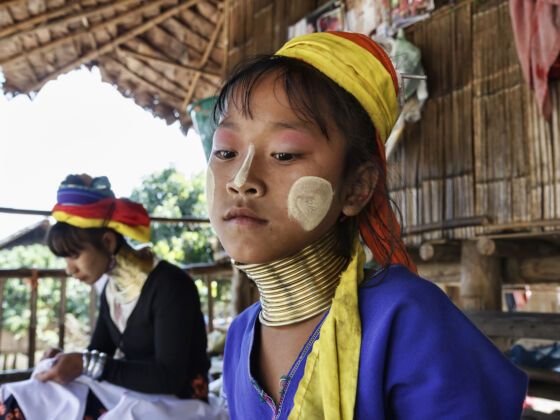1. Thailand is a top destination for victims of human trafficking.
Thailand is a source, transit, and destination country for victims of sex and labor exploitation, and according to the UN Office of Drugs and Crime, it’s one of the top 10 destinations for victims of human trafficking. The Trafficking in Persons Report estimates that in 2014 at least tens of thousands of victims trafficked from Thailand’s neighboring countries were forced or defrauded into labor and exploited in the sex trade.
